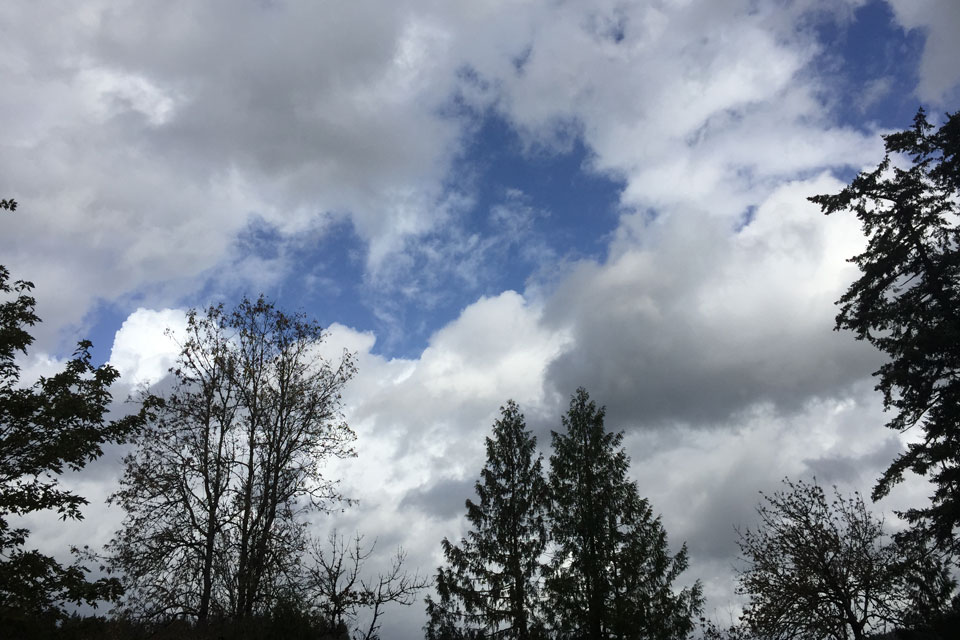Homeowner’s Guide
Homeowner associations oversee all landscaping in common areas and exterior maintenance needs in Arbor Homes neighborhoods. Some neighborhoods are excluded from this service. However, do refer to your neighborhood’s CCR’s for full details. Individual homeowners look after the specific upkeep needed for their properties and houses. With a bit of care, your Arbor home will last longer than a lifetime. Use the care information on this screen to help keep your house in tip-top shape.
Springtime Tips
- Water and fertilize lawns, planter strips, and street trees as needed. Trees and planter strips should be watered separately to ensure that each receives enough water.
- Remember that new lawns need more frequent watering than established grass. Most lawns do well on an inch or less of water per week.
- Check gutters to be sure they are clean and free of debris after the winter’s rain.
- Be sure to place barbeques away from the house as their heat can warp the side of the house
Fall Landscaping
- Irrigation systems should be shut down by November 1 and should be winterized by late November or early December.
- Lawn fertilization, lime applications, and weed control measures should be completed before winter.
- Prune shrubs and hedges by November 15.
- Prune trees in November when cooler weather forces sap to stop flowing.
- Cut back (most) perennials as they die, and complete rose pruning by the end of November.
- Remove and empty all hoses for winter storage; close inside shut-offs and open outside faucets. (If your house does not have interior shut-offs, leave the outside faucets closed and protect them with commercially available covers.)
- Ensure that gutters are free of debris.
- Check that foundation vents are open and unblocked.
Interior Upkeep
Tile and Grout: Do seal the grout in your bathroom or kitchen as it helps maintain the aesthetic appearance of your countertop as well as its longevity. If the grout between the tiles chips over time or becomes dirty, it can be replaced using one of several commercially available white grout materials from hardware or home improvement stores. To clean the grout, use a soft toothbrush and non-abrasive cleaner. For extremely hard to remove stains, contact a tile company for advice before using an abrasive, which can permanently damage the surface.
Windows and Mirrors: Use a clean cloth and a commercially available glass cleaner.
Woodwork: Use a mild soap and water solution to clean woodwork. (Do not use strong soaps as they may tarnish the wood finish.) Be sure to completely rinse off all soap and wipe up any excess water as wood left soaked with water may swell or warp.
Appliances: Use the appliances’ instruction books to learn the proper use and maintenance of your kitchen appliances. (Be sure you complete your warranties and record them with the manufacturer(s).
Water Heater: To clean the tank or burners, seek professional help. For routine maintenance, follow the instructions provided on the heater. Keep all flammable materials well away from the hot water heater. Any flooding on hardwood floors should be immediately tended to as it can result in floor warping and cupping if left unattended.
Doors: Seasonal changes in temperature and humidity cause wood to expand and contract and may make doors easier or harder to use. Only extreme difficulty in opening or closing a door warrants maintenance and repair.
Fireplace & Chimney: Chimney cleaning frequency is directly related to the amount of use and type of fuel burned in the fireplace. Contact your local fire department for advice on cleaning frequency.
Extremely Cold Weather: Leave cabinet doors under sinks open to allow warm air to circulate around the plumbing. Faucets left at a trickle, especially at night, can help prevent freezing.
Water Shut-Off: Be sure to locate and identify your water shut-off valve. Should water shut-off be necessary in a house with an electric water heater, be sure to turn off the water heater’s circuit breaker to avoid burning out the heater element. Before turning on the breaker for the heater, run water from the hot water pipes into a sink to bleed air out of the lines.

